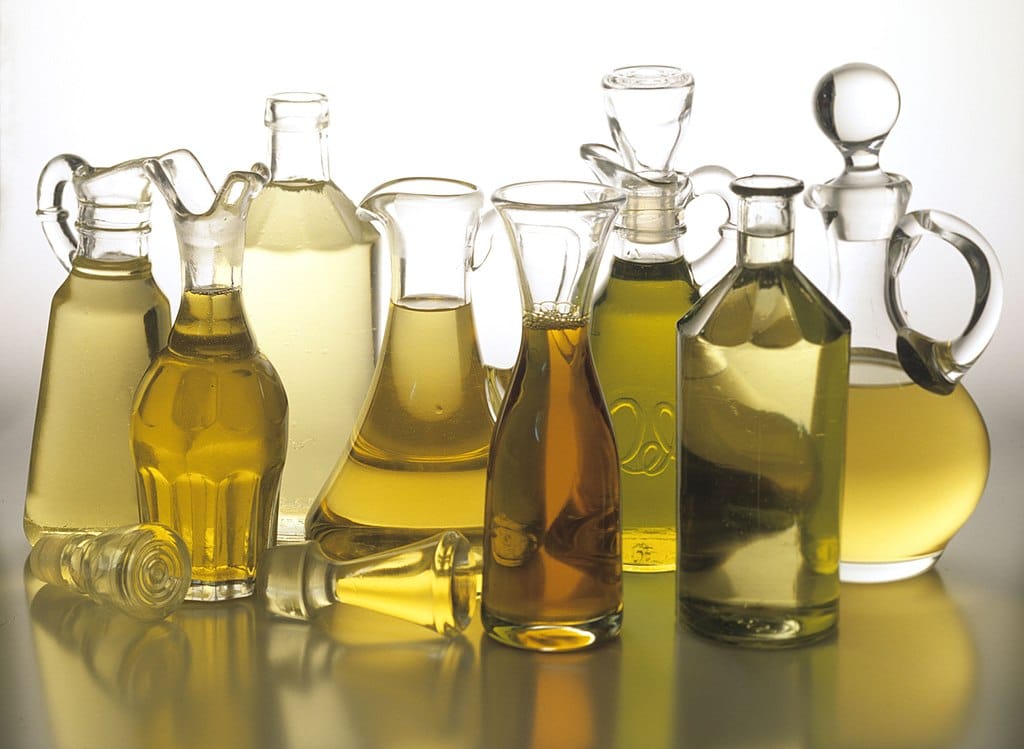With so many cooking oils in the market, one would be hard-pressed in selecting the right one for health reasons. Canola oil, along with plain vegetable oil, is undoubtedly one of the most common baking and cooking choices. But is it the best option? Today we compare canola oil with equally formidable cooking oil that is gaining traction in the world today – avocado oil. Find out if cooking with unrefined avocado oil is a good choice for you.
Is Avocado Oil Good for You?
Avocado oil is a healthier choice for baking and cooking because it is unrefined, and it contains plenty of nutrients that will benefit you in the long term. Below are some clear advantages of avocado oil:
- Since avocado oil is high in monounsaturated fats, it is naturally good for the heart. Monounsaturated fats help reduce inflammation in the body, and inflammation is the number one issue that affects vital organs. With more monounsaturated fats in your diet, your heart health will improve in the long term, compared to using lard and other types of cooking oils rich in saturated fats.
- Avocado contains lutein, a nutrient that is shown to beneficial to the eyes. If clear vision is one of your goals, it’s certainly a good idea to begin eating food naturally rich in lutein.
- Avocado is a natural source of carotenoids. Carotenoids not only help with clearing free radicals in the body. These compounds also help with improving the overall absorption and bioavailability of nutrients in the body. The more carotenoids you have in your body, the higher your uptake of essential nutrients.
- You are adding good fat to your diet aids in the absorption of vitamins and minerals that are fat-soluble. Water-soluble elements, of course, would be best absorbed when you are well-hydrated.
- Some studies show that soybean oil and avocado oil may help reduce the symptoms of arthritis, too.
Why Is Canola Oil So Bad for You?
Canola oil is the product of generations of cross-breeding plants. The Canola plant first used for extracting cooking oil was developed in Canada, hence the name, a portmanteau of the word “ola,” which means oil, and Canada, where the plant was first successfully cultivated. The Canola plant was developed from the more common rapeseed plant, which produced toxic compounds that weren’t fit for human consumption.
The Canola plant produces different nutrients and is completely safe for human consumption. Morphologically, the Canola plant is identical to the rapeseed plant, but it’s the extracts that matter – its oil doesn’t have the compounds that would be otherwise harmful to human health.
The main issue with canola oil is the manufacturing process. Mechanical pressing removes only forty to sixty percent of the oil from the canola seeds. What happens to the oil that is stuck to the husks of the seeds? The seeds’ husks are treated with a chemical called hexane, which takes care of the final separation to extract the rest of the oil.
The chemical is removed through third heating, which dissipates the hexane through steam action. The resulting oil undergoes additional filtration, chemical bleaching, and other refining processes until a clear, yellow oil is obtained. The super-refined canola oil is then bottled and sold.
Canola oil poses some health risks because of the other refining processes. In addition to the use of hexane, canola oil that is eventually processed into margarine is hydrogenated. Additional chemicals are combined with the canola oil to change its essential chemical characteristics. The potential downsides of consuming canola oil are:
- Canola oil contains high levels of omega-6 fatty acids. Not all omega fatty acids are beneficial to heart health. Omega-3, omega-6, and omega-9 fatty acids all play a role in the body, but too much omega-6 and omega-9 fatty acids can contribute to tissues’ inflammation, including the blood vessels.
The ideal ratio to maintain health is 1:1. That means the amount of omega-3 fatty acids you are consuming should be equal to the omega-6 fatty acids, too.
The problem is that often, oil-rich foods don’t have this balance of omega fatty acids. Long-term problems can arise if you are constantly getting too much omega-6 fatty acids and less than ideal levels of omega-3 fatty acids. - The canola plant is a GMO because it is a modified version of rapeseed oil. Though this GMO has been around for decades, it may not be acceptable to consumers who have a strong anti-GMO stance. The choice is yours in the end, as the market is now flooded with GMOs, in any case.
It’s a matter of what principles you hold when it comes to buying food products. It is estimated that over 90% of the canola plants in the United States and Canada are genetically-modified organisms. There aren’t many studies about the potential health risks of consuming GMOs, despite the widening support of GMOs in previous decades. - Commercial canola oil is highly refined. Refinement, in this case, isn’t a good thing at all. The refining process may remove unwanted color and odors from the source plant, but it also strips away vital nutrients and antioxidants that may do people goo upon ingestion.
Unrefined canola oil exists, but the bulk of what is sold in supermarkets is the refined version. Manufacturers also use a ton of chemicals to produce the ‘perfect oil’ that we see.
Is Avocado Oil a Good Substitute for Canola Oil?
Avocado oil is a worthy substitute for any baking or cooking oil because of its high smoking point. The higher the smoking point of the cooking oil, the better off it would be for different cooking methods, from deep-frying to baking. The same attribute can be found in peanut oil, canola oil, and other common cooking oil options for regular cooking and baking.
Picture from Netojinn, CC BY-SA 4.0, via Wikimedia Commons

